Yoon Suk Yeol has become the first sitting president of South Korea to be arrested, following a dramatic operation in which investigators breached barricades and cut through barbed wire to detain him.
The 64-year-old president faces charges of insurrection related to a failed martial law order on December 3 that plunged the nation into crisis.
He has also been impeached by parliament and suspended from office, though he remains president until the Constitutional Court decides on his impeachment.
Yoon’s arrest on Wednesday marked the conclusion of a tense, weeks-long standoff between investigators and his presidential security team.
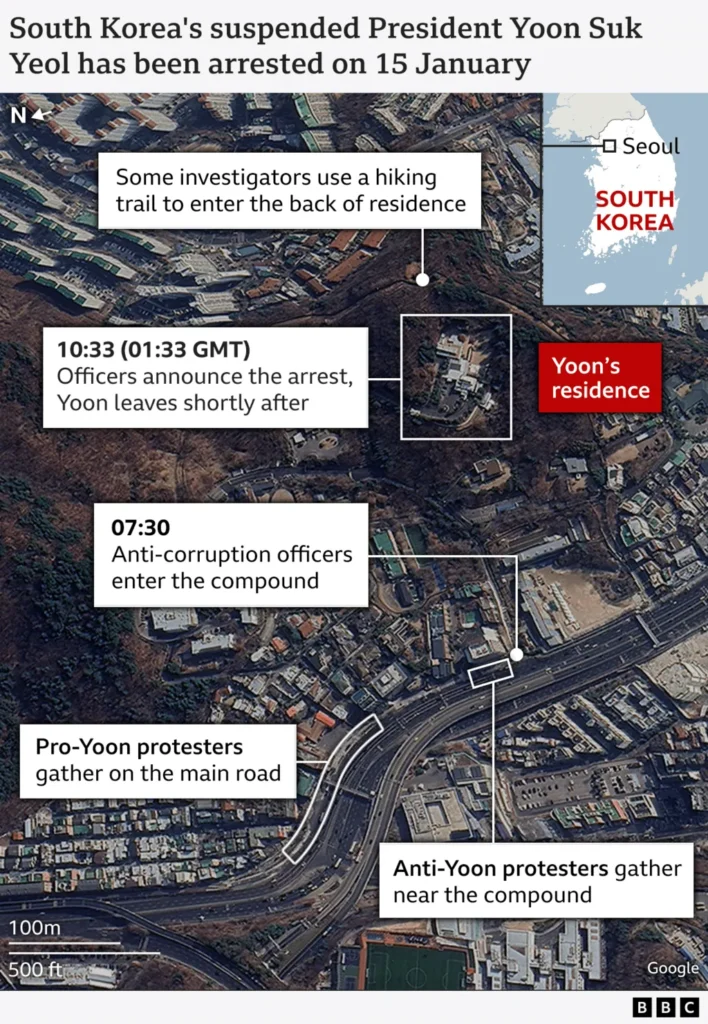
An earlier attempt to arrest him on January 3 ended in a six-hour standoff, with investigators from the Corruption Investigation Office for High-ranking Officials (CIO) unable to bypass the security detail guarding his residence.
Before dawn on Wednesday, a team of approximately 1,000 investigators launched a coordinated operation to apprehend Yoon at his central Seoul residence.
Using ladders to climb over buses blocking the entrance and bolt cutters to remove barbed wire, officers infiltrated the compound.
Some scaled walls and navigated nearby trails to gain access to the presidential residence.
After several hours, authorities confirmed Yoon’s arrest.
READ ALSO: Impeached South Korean President, Yoon Arrested After Trying to Impose Martial Law
In a three-minute video released shortly before his detention, Yoon reiterated his intention to cooperate with investigators but maintained that the arrest warrant was legally invalid.
He slammed the authorities for “invading” his residence and breaching its security perimeter using fire equipment.
“I decided to appear before the CIO, even though it is an illegal investigation, in order to prevent any unsavoury bloodshed,” he said.
On Wednesday afternoon, investigators said Yoon had remained silent throughout questioning.
Yoon’s lawyers have denounced his arrest as “illegal,” arguing that the Corruption Investigation Office (CIO), as an anti-corruption agency, lacks jurisdiction over insurrection allegations against him. They further contend that the arrest warrant was issued by an inappropriate jurisdiction.
In contrast, officials from the Supreme Court and the Justice Ministry insist the arrest warrant was legally sound.
The opposition Democratic Party’s floor leader, Park Chan-dae, hailed the arrest as proof that “justice in South Korea is alive.” Speaking during a party meeting, he described it as “the first step toward restoring constitutional order, democracy, and the rule of law.”
Currently, Finance Minister Choi Sang-mok serves as acting president, following the impeachment of the initial acting president, Han Duck-soo, by the opposition-majority parliament.
Yoon is being held at the Seoul Detention Centre in Uiwang, Gyeonggi Province, roughly 5km (3 mi) from the CIO’s office. If the court does not approve a detention warrant within 48 hours, Yoon will be released and allowed to return to the presidential residence.
Meanwhile, pro-Yoon supporters have protested his arrest outside the investigative office where he is detained. Earlier on Wednesday, demonstrators from both sides also gathered outside his residence. Anti-Yoon protesters cheered, clapped, and played a celebratory song when news of his arrest broke, while his supporters expressed outrage.
“We are very upset and angry — the rule of law has broken down,” one supporter told the BBC.
Despite broad consensus among South Koreans that Yoon should face accountability for the martial law order, opinions remain divided on what form that accountability should take, said Duyeon Kim, an adjunct senior fellow at the Center for a New American Security.
The contrasting reactions on Wednesday highlight deep political divisions in the country, underscoring the lingering uncertainty and the ongoing nature of the crisis.
(BBC)
Follow the Parallel Facts channel on WhatsApp: https://whatsapp.com/channel/0029VaCQSAoHgZWiDjR3Kn2E



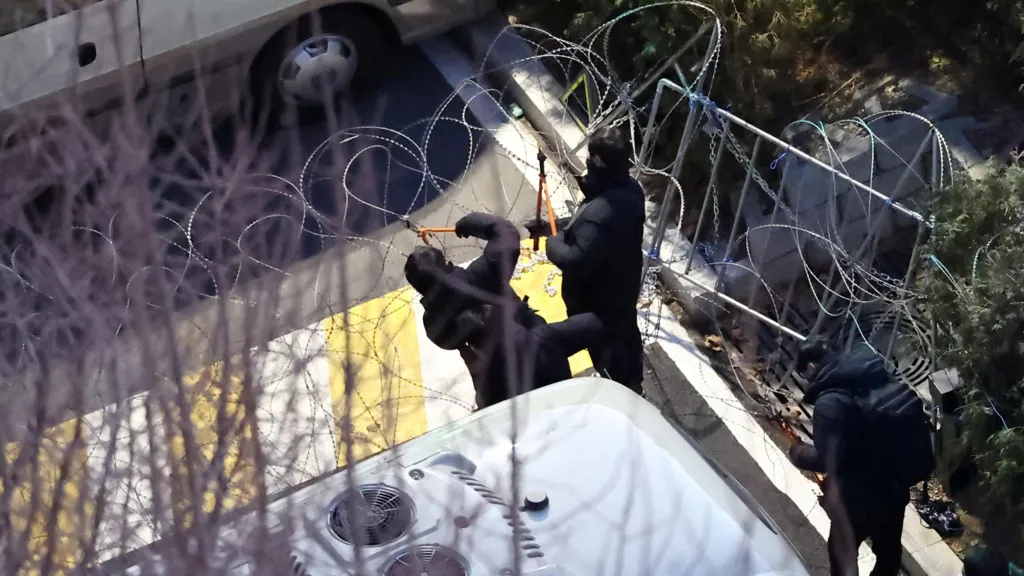
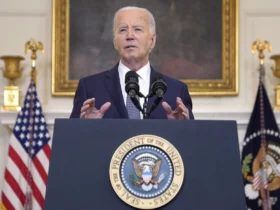

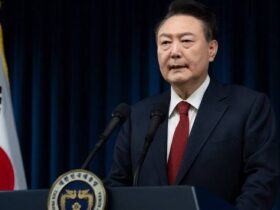
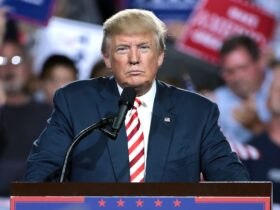
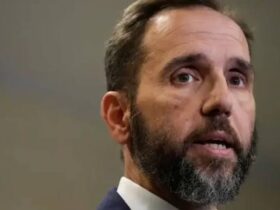
Leave a Reply